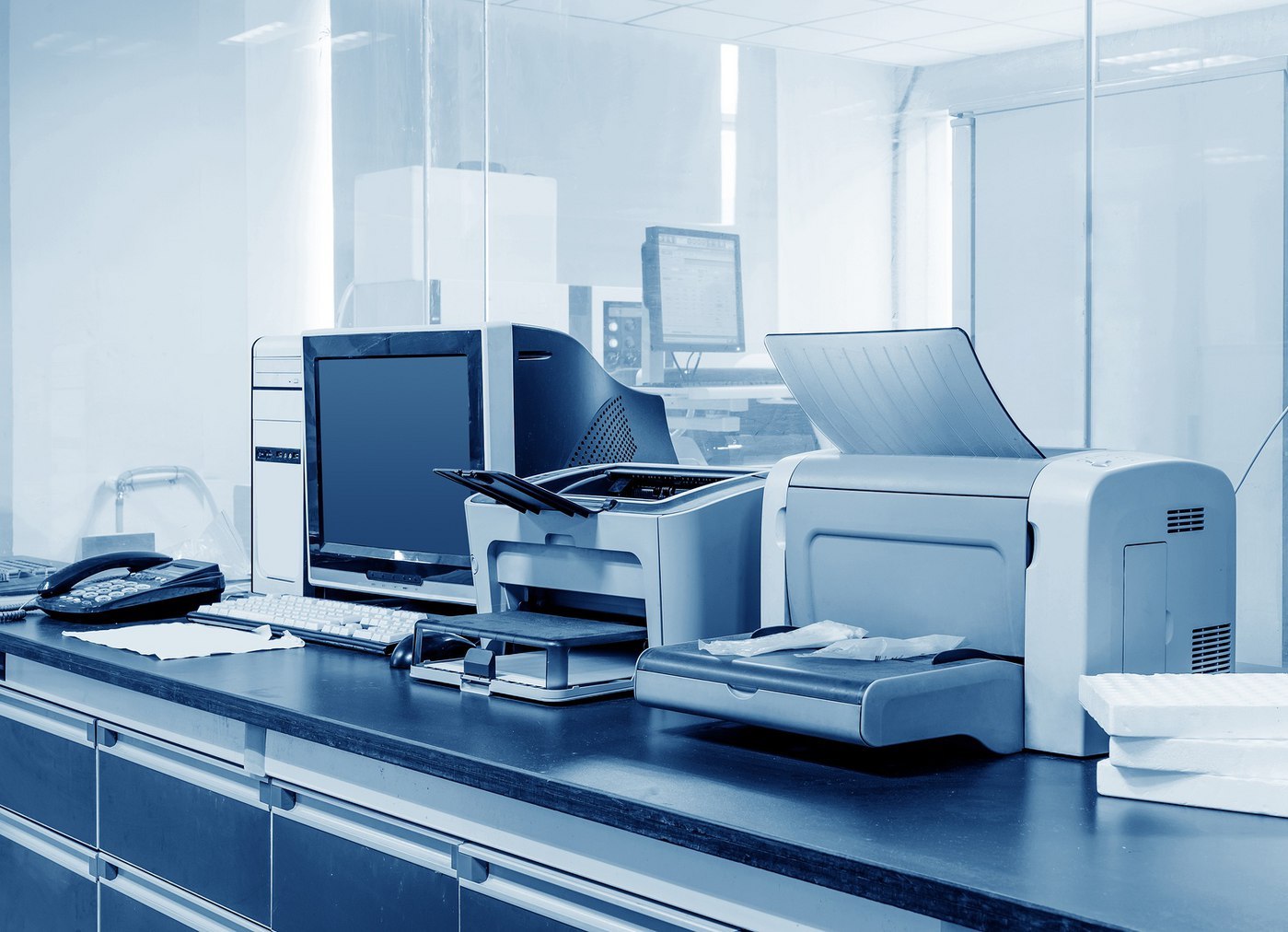How to Secure the Information on Your Copiers
Through a combination of common sense steps and software, keeping your customer and company data secure is straightforward. The most important step is to be sure to include your copiers and printers – especially those attached to your network – in your security plan.
- Don't leave documents in the output trays. Use pull printing (read about secure printing here) to prevent confidential documents from being accessed by anyone.
- Encrypt information.
- Use print rules to restrict access to certain printers and to provide audit trails to help determine culpability in the case of a breach.
- Wipe your hard drive on a set schedule.
- When you replace your printers and digital copiers, remove the hard drive or have your service partner digitally shred the drive (not just erase the data).
- Change the default network password.
- User authentication at the device. Whether password, swipe card, or biometrics; this ensures only authorized users access the device. And enable automatic log-off, because hardly anyone remembers to do that!
The biggest challenge about copier hard drive security is simply knowing that it's an issue. So now you know. And as the G.I. Joe cartoon says, “knowing is half the battle.”
*The Ponemon Institute: 2010 Annual Study: US Cost of a Data Breach
Topics:



